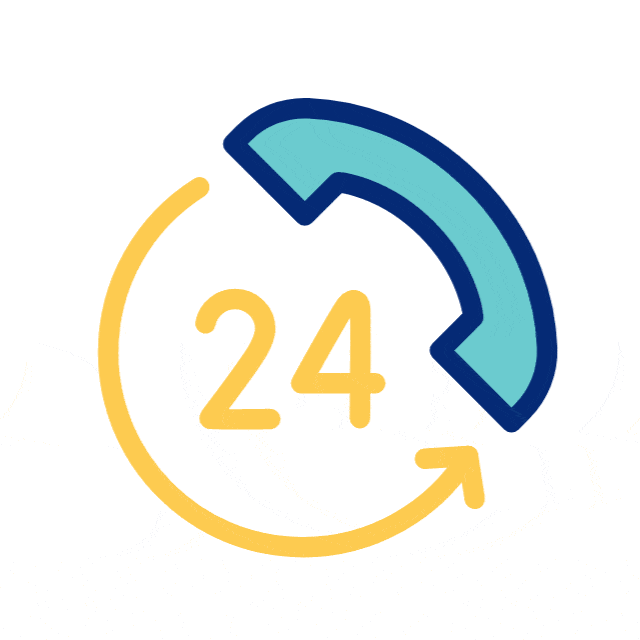Category : Healthcare
Organ donation is the donation of an organ to a person in need of a transplant in order to enhance his or her condition and health status. It is a technique in which a health organ (donor) is removed from a live or deceased individual and transplanted into a person whose organ (receiver) is malfunctioning.
Organ donation allows recipients to live longer and have a higher quality of life. A transplant may either save or alter a person’s life. Through eye and tissue donation, one organ donor may save up to seven lives and benefit many more. Donors and their families must consent to donate their organs and tissue after death.
India’s Organ Donors
India continues to have one of the world’s lowest rates of organ donation. In India, the rate of organ donation is quite low, approximately 0.3/million, compared to certain Western nations where it is as high as 36/million which is around 26/million people.
Every year around 4 lakh people see an untimely death in India while waiting for a transplant due to inadequate infrastructure, a lack of willingness, and, most crucially, a lack of understanding of the process. Some of the reasons behind such poor performance are lack of public awareness, religious or superstitious beliefs among people or personal inhibitions. It is time to change this perception and increase the awareness about organ donation. Living or deceased, organ donation is one of the most impactful things you can ever do, and there are patients who need you right now.
What organs can be donated?
One organ donor can help up to eight transplant recipients. Organs that can be donated from one donor include heart, liver, kidneys, pancreas, lungs and intestines. One tissue donor can help up to 50 people. Cornea donors give the gift of sight to two people. Skin donors help burn victims recover from traumatic injuries. Bone, heart valve, ligaments and tendon donors help many people return to health.
Organ donation – Myths and Facts
- Myth:Only the deceased can donate organs.
Fact: Living donors are crucial as well. The popularity of living-organ donation – particularly for kidneys has increased a lot in the recent years, as people are becoming more aware. - Myth:Doctors won’t try as hard to save my life if I am an organ donor.
Facts: When you go to the hospital for treatment, doctors focus on saving your life and giving you the best care possible. Being a registered organ donor makes no different to your treatment. - Myth:Organ donation is against my religion.
Fact: Organ donation is consistent with the beliefs of most major religions. If you’re unsure of or uncomfortable with your faith’s position on organ donation, speak to a religious head to know more. - Myth:I’m too old for organ donation.
Fact: There’s no defined cut-off age for donating organs. The decision to use your organs is based on strict medical criteria. Let the doctors decide at the time of your death whether your organs and tissues are suitable for transplantation. - Myth:My medical condition does not allow organ donation.
Fact: Very few medical conditions automatically disqualify you from donating organs. Let medical professionals at the time of your death determine whether your organs are suitable for transplantation. - Myth:Rich and famous get priority for organ donation.
Fact: No one receives preferential treatment on the transplant waiting list. A transplant candidate is prioritized by blood type, tissue or organ needed, medical urgency, and the cumulative time they have been there on the waiting list. - Myth:My family will be charged if I donate my organs.
Fact: The organ donor’s family is never charged for donation. The family is charged for the costs of all final efforts to save your life, and those costs are sometimes misinterpreted as costs related to organ donation. The organ removal cost goes to the transplant recipient.
For More Information on Organ donation @ JSS Hospital, Mysuru kindly contact – 9743517489





